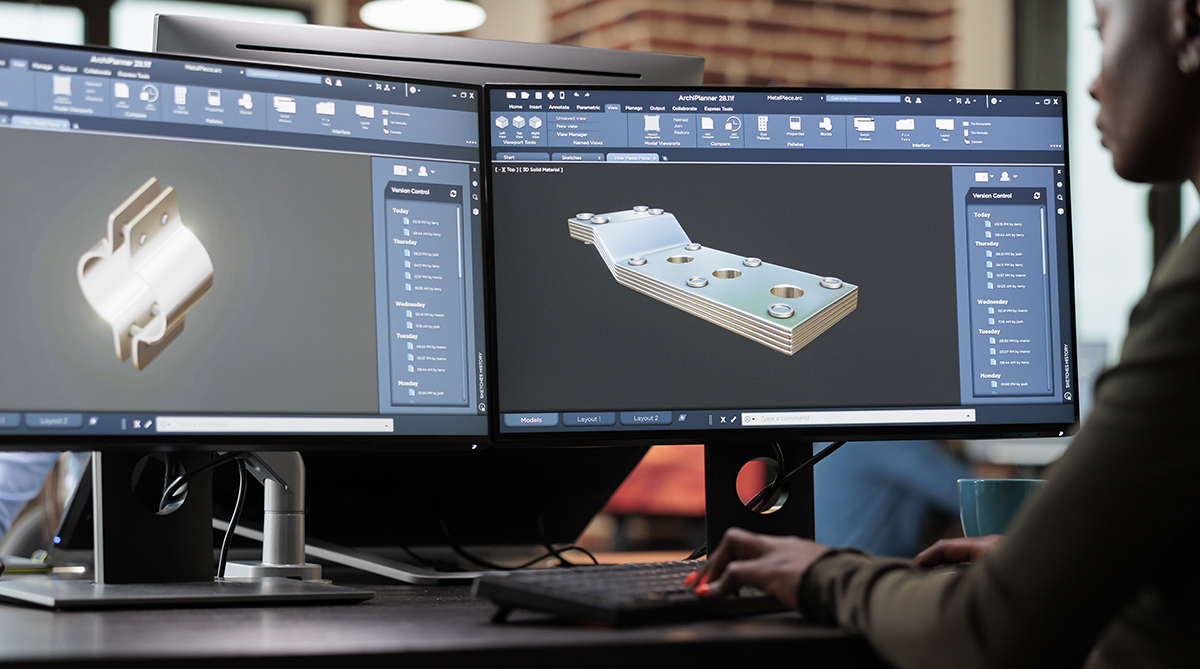
DOE (Design of Experiments)
The Design of Experiments course offered by NPDD House provides a comprehensive introduction to the principles and techniques of designing effective experiments. Whether you are a researcher, scientist, engineer, or a professional working in the field of product development, this course will equip you with the essential skills to plan and conduct experiments in a systematic and efficient manner.
This course begins by establishing a strong foundation in the fundamental concepts of experimental design. You will learn about the importance of proper experimental design, the various types of experimental designs, and how to select the appropriate design for a given research question or problem. Emphasis will be placed on understanding the principles of randomization, replication, and blocking.
The subsequent modules delve into the practical aspects of designing experiments. You will explore the process of formulating hypotheses, identifying factors and levels, and determining the appropriate sample size. Techniques for randomization and blocking will be covered in detail, along with strategies for handling confounding variables. You will also gain insights into the statistical analysis of experimental data and interpretation of results.
Scope
Module 1: Introduction to Experimental Design
This module provides an overview of the fundamental concepts of experimental design. You will understand the importance of proper design, explore different types of designs, and learn about randomization and replication. By the end of this module, you will have a solid foundation in the principles of experimental design.
Module 2: Formulating Hypotheses and Identifying Factors
In this module, you will learn how to formulate research questions and hypotheses for your experiments. You will also delve into the process of identifying factors and their corresponding levels. By the end of this module, you will be equipped with the skills to develop focused hypotheses and select appropriate factors for your experiments.
Module 3: Sample Size Determination
This module focuses on the critical aspect of determining the sample size for your experiments. You will learn about power and sample size calculations, factors influencing sample size, and techniques for estimating effect size. By the end of this module, you will be able to confidently determine the sample size required for your experiments.
Module 4: Randomization and Blocking
Randomization and blocking are essential techniques in experimental design to ensure unbiased and reliable results. This module explores the principles of randomization, different blocking techniques, and their advantages and limitations. By the end of this module, you will understand how to implement randomization and blocking effectively in your experiments.
Module 5: Handling Confounding Variables
Confounding variables can jeopardize the validity of your experimental results. In this module, you will discover strategies for identifying and controlling confounding variables. You will also learn how to randomize nuisance factors and analyze covariance. By the end of this module, you will be proficient in managing confounding variables in your experiments.
Module 6: Statistical Analysis and Interpretation
In the final module, you will learn about the statistical analysis of experimental data and interpreting the results. You will explore basic statistical tests, analysis of variance (ANOVA), and gain insights into interpreting experimental outcomes. By the end of this module, you will be able to analyze and draw meaningful conclusions from your experimental data.
By the end of the course, you will be capable of applying Design of Experiments with confidence to pinpoint and enhance crucial elements, lower faults, improve performance, and shorten the time it takes to design new software. With this priceless skill set, you will have an advantage over your competition and help your company succeed.
Who will benefit from this course?
The Design of Experiments course at NPDD House is designed to benefit the following professionals:
- Researchers and scientists looking to enhance their experimental design skills and improve the reliability of their findings.
- Engineers involved in product development or process optimization, who want to optimize their experiments for efficiency and effectiveness.
- Quality control professionals seeking to improve their understanding of experimental design to enhance product quality and reduce defects.
- Professionals involved in data analysis and interpretation who need to make informed decisions based on experimental results.
- Students and academics in fields such as statistics, engineering, and the sciences who want to deepen their knowledge of experimental design.
Join us at NPDD House and unlock the power of effective experimental design. Enroll in our Design of Experiments course today to enhance your skills and advance your career.
